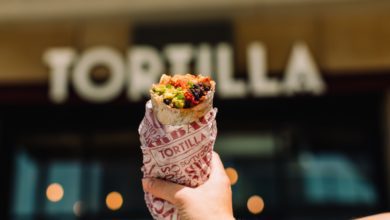Advice
Catering for active lifestyles

It’s no secret that people are becoming more health-conscious. And with many businesses now recognising the positive impact that a healthy team can have on the business, on-site exercise facilities are becoming a common feature in the modern workplace.
You'll need to
subscribe to unlock this content. Already subscribed? Login?











